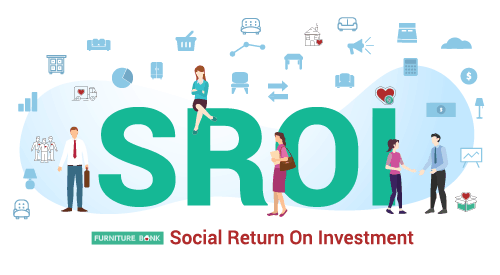Guest Blog Post by Matthew Siwiec, The Friendly Financial Coach
Making charitable donations is a really admirable and noble act. Most of us give for altruistic reasons; we want to do our part to help make the world a better place. There is however another reason why many people and companies choose to be philanthropic, and that reason is tax benefits.
Most of us are aware that charitable donations affect our taxes, though few of us truly understand the how and why. Thankfully, we’ve got an easy breakdown from the Friendly Financial Coach to help answer your questions.
- First of all, all eligible personal donations receive a tax credit that directly reduces the annual income taxes that you need to pay come tax time.
- All donations are given credits based on two tiers, those under $200 and those over.
- In Ontario, the tax credit is 20.05% for the portion of donated funds that are under $200 and 40.16% for all funds over $200. For example, a $500 donation would offer a tax credit of $160.78 ($40.30 for the first tier and $120.48 for the second tier.)
- The amount of your total tax credit(s) is taken off what you owe to the “tax man” at the end of the year.
- Eligible donations can include more than cash. Other assets such as physical goods, stocks and even artwork can count as charitable donations and tax receipts can be issued for the fair market value of the item.
- Another cool thing is that you can claim donations anytime over a five-year tax period, this way you could save smaller donations and combine them in a later year to get a larger tax credit.
- Also, you can transfer tax credits to spouses and common-law partners.
- Lastly, there is also a special program available for first-time givers that offers a credit valued at 45.05% for all donations under $200 and 65.16% when it’s over that. So the same $500 donation would yield a tax credit of $285.58, which is massive.
(This policy is restricted to the first $1,000 and both the donor and spouse cannot have received a charitable tax credit within the past 5 tax years.)
And that’s all you really need to know about how charitable donations affect your income taxes. Now that you’ve got giving on your mind, consider a gift to your favourite charity and you’ll receive your tax receipt by the end of the year!
If you have any further questions about donations and income tax, please contact The Friendly Financial Coach, Toronto’s non-biased Financial Education Coach, at info@ffcoach.ca or 647-289-0012.






